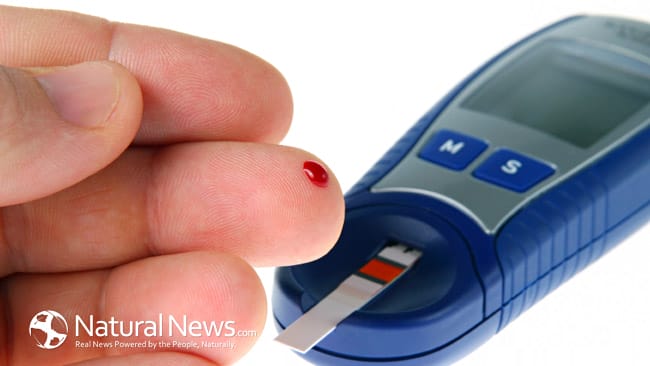Sage – variety and aroma of beneficial effects
The strong aroma of just a tiny piece of sage goes a long way. Sage is a member of the mint family, which includes herbs such as basil, oregano, and rosemary. We often hear about using sage for spiritual reasons and are unaware of its health benefits and versatility. Sage is often an ingredient in tomato sauce, eggs, stuffing, as a side dish, for rubbing meat, and for seasoning vegetables.
Sage contains vitamin K, calcium, manganese, iron, vitamin A, copper, zinc, vitamin B6 and fiber. Although most of these nutrients are only present in trace amounts, sage contains 10% of the amount of vitamin K you need. Plus, it’s full of antioxidants that fight free radicals. Sage contains over 160 polyphenols, plant compounds that act like antioxidants. These compounds reduce inflammation, have anti-cancer and neuroprotective effects. Sage may help prevent the abnormal growth of certain types of cancer-causing cells. Antioxidants also help the brain. It helps stop the breakdown or breakdown of the chemical messenger acetylcholine (ACH), which is used for memory. People with Alzheimer’s disease have low ACH levels.
The aroma of sage contains rosmarinic acid, rutin, ellagic acid, caffeic acid and chlorogenic acid. These have also been found to be beneficial to health.
There are some interesting benefits of sage that may seem unconventional. Sage is also useful for menopausal women. It can help relieve symptoms such as sweating, vaginal dryness, hot flashes, and irritability. During menopause there is a decline in estrogen and sage acts like estrogen in the body, relieving the symptoms. Sage can be an ingredient in mouthwash that can fight plaque. It can break down Streptococcus mutans bacteria that cause tooth decay.
Sage can also help lower “LDL,” the bad cholesterol. Sage can also keep diabetes away. It helps lower blood sugar levels and improve insulin sensitivity. It also helps the skin by keeping wrinkles away. Some people use sage to relieve diarrhea symptoms.
There are some herbs like sage that don’t get the recognition they deserve. With so many uses, sage is something to always have in stock. Between cooking, flavor, dental care, and health benefits, sage doesn’t miss a positive note. Many people grow it and virtually all stores carry it. Add some sage to parts of your life and reap the benefits this herb generously offers.
Salvia (Sage): An overview of its potential cognition-enhancing and protective effects – PMC
Pharmacological properties of Salvia officinalis and its components – PMC
To evaluate the effects of a sage extract (Salvia officinalis) on cognitive performance in adolescents and young adults
Chemistry, Pharmacology and Medicinal Properties of Sage (Salvia) for Prevention and Cure of Diseases such as Obesity, Diabetes, Depression, Dementia, Lupus, Autism, Heart Disease and Cancer – PMC
Dr. Megan Johnson McCullough owns a gym in Oceanside, California called Every BODY’s Fit. She holds a PhD in Health and Human Performance, an MA in Physical Education and Health Sciences, and is a NASM Master Trainer and Instructor. She is also a professional natural bodybuilder, fitness model, wellness trainer and AFAA group exercise instructor. She also has 6 books on Amazon.

